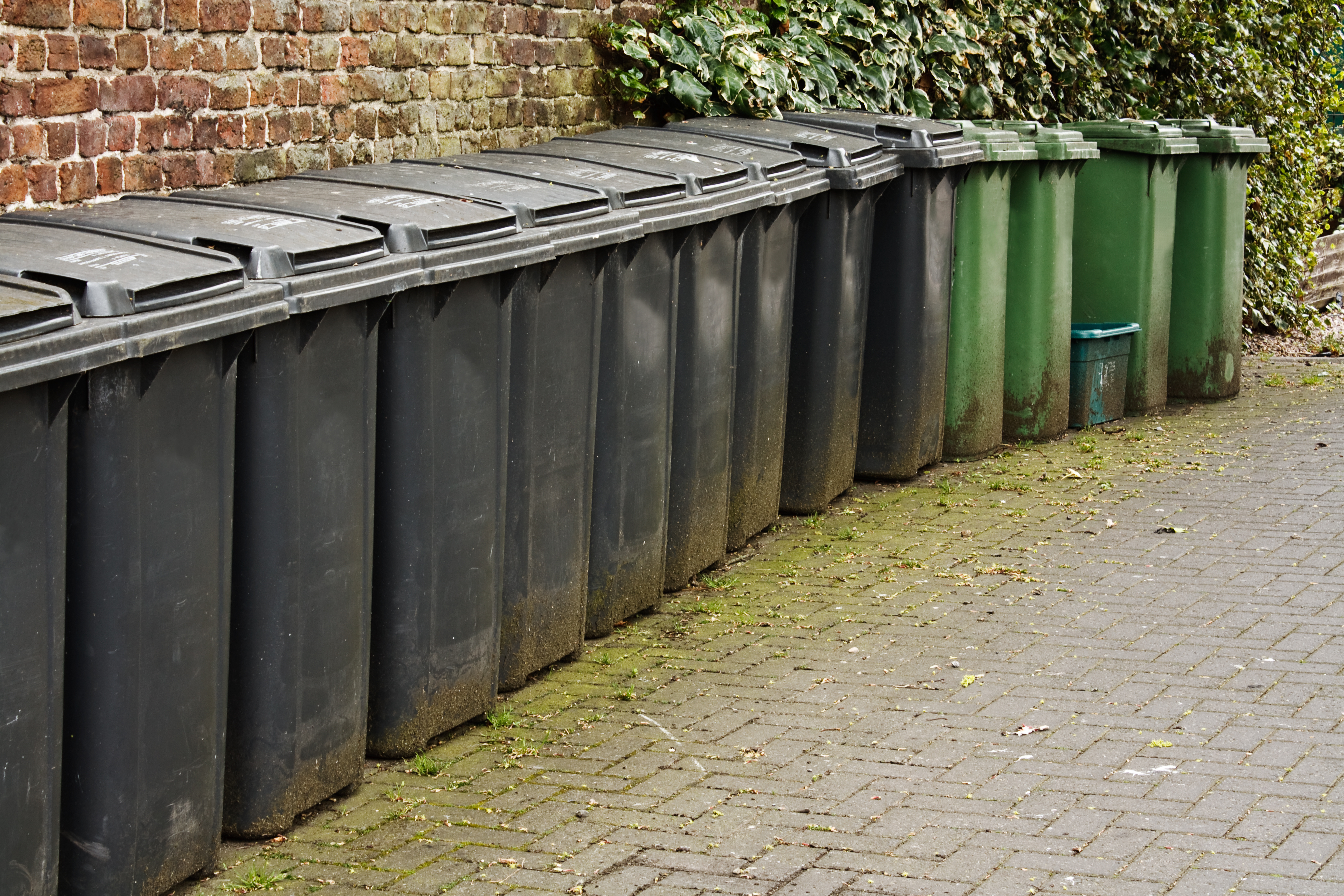The budgetary pressure in local government is constant, as I’ve written about many times before on this blog.
One of the core responsibilities of local government is waste management, encompassing the collection and disposal of a range of different kinds of waste from standard household waste, green garden waste and recycling to handling commercial waste and the collection and disposal of bulky items.
Responsibility for this depends on the structure of the local authority – single tier unitary authorities are responsible for both collection and disposal whereas in two tier authorities responsibility for collection lies with district councils whilst disposal is managed by county councils. This situation is further complicated by the contracting out of aspects of this process to external contractors.
According to the government’s waste and resources strategy local governments are required to achieve the following goals.
- Eliminate food waste to landfill by 2030
- Eliminate avoidable plastic waste over the lifetime of the 25-year environment plan
- Double resource productivity by 2050
- Eliminate avoidable plastic waste by end of 2042
- Eliminate avoidable waste of all kinds by 2050
We firmly believe that waste management offers local government many opportunities to achieve significant cost savings through technological innovation. This is an area of local government operation that affects every single citizen so getting it right offers an opportunity to improve customer service in a high-profile area of operation from which all citizens will benefit. The potential for the double win of better service outcomes and cost reduction in this area is huge.
Many local authorities now are experimenting with smart technology in waste management, enabling better understanding of citizens’ habits in order to encourage recycling and optimise collection times and routes with the aim of reducing waste collection frequency whilst maintaining service levels. RFID chips in bins have been used to track individual waste receptacles in order to, for example, identify the optimal geographical location of a suitable waste container in order to improve its use by householders.
Bins can be equipped with fill-level sensors enabling the quantity of material in each receptacle to be measured so that collection routes can be planned to focus on those bins which are near capacity, thus improving the efficiency of collections through cutting travel times and fuel costs and optimising bin usage.
At Abavus our focus has been on helping local authorities use the My Council Services suite of products to achieve an end-to-end digital waste management solution. Councils can digitally manage all aspects of the waste management process from the customer requesting a service and paying for it (where relevant), or reporting an issue or problem (such as a missed bin collection) through to back office processing and round data management. Wherever possible citizens are able to access relevant elements of the waste service on a self-service basis, from their initial application through to reporting changes, issues and other required inbound requests.
This improves customer service as it reduces the time citizens have to spend trying to get in touch with the council and enables them to do everything they need to do at a time and place that’s convenient for them. At the same time, it reduces costs for the council by cutting the number of calls into the contact centre and freeing up resource there to deal with more complex enquiries.
Our waste management solution also includes features such as the ability to update, remind, prompt and proactively alert customers with important information. For example, it automates the process of letting people know that their refuse collection day has changed, reminding them to prepare the relevant bin for collection and informing them of the reason why a collection has been missed. All of this improves the service offered to the citizen whilst substantially cutting the cost incurred by the council in providing the service.
Talk to us today about how our end-to-end waste management solution could help you.






